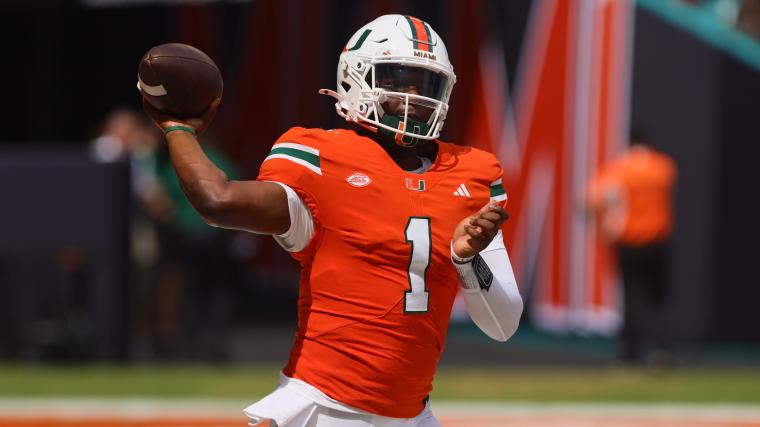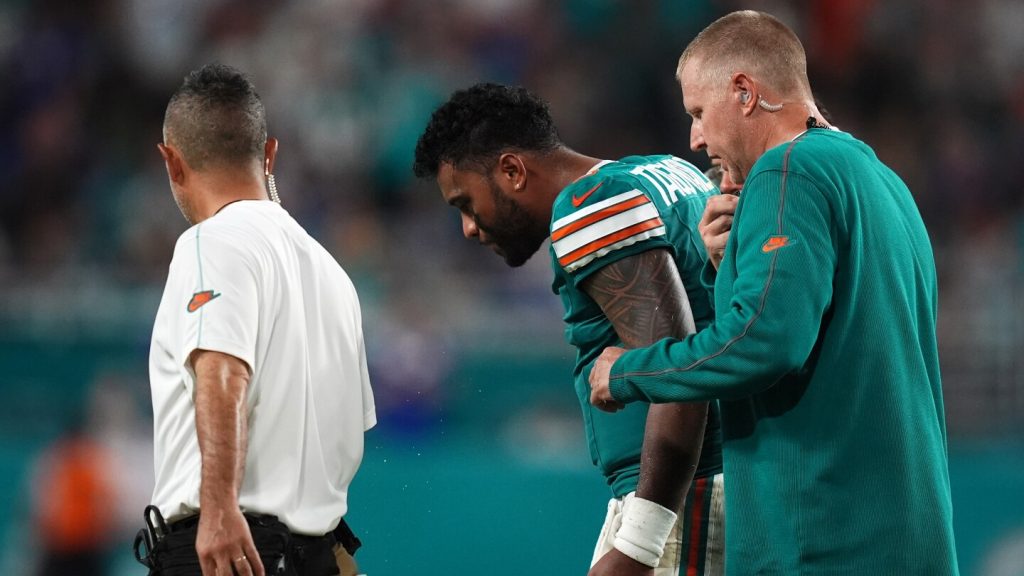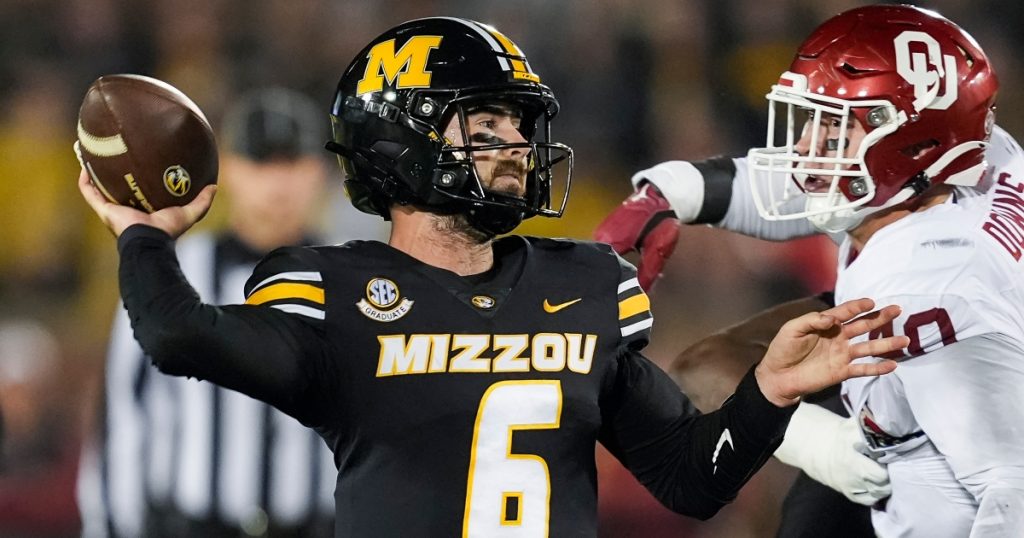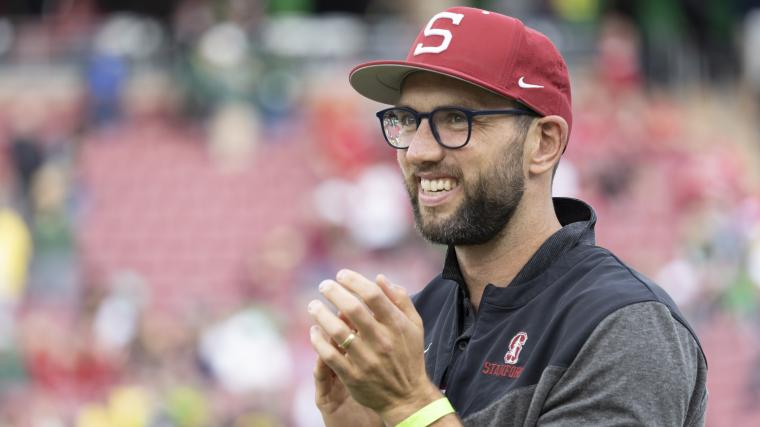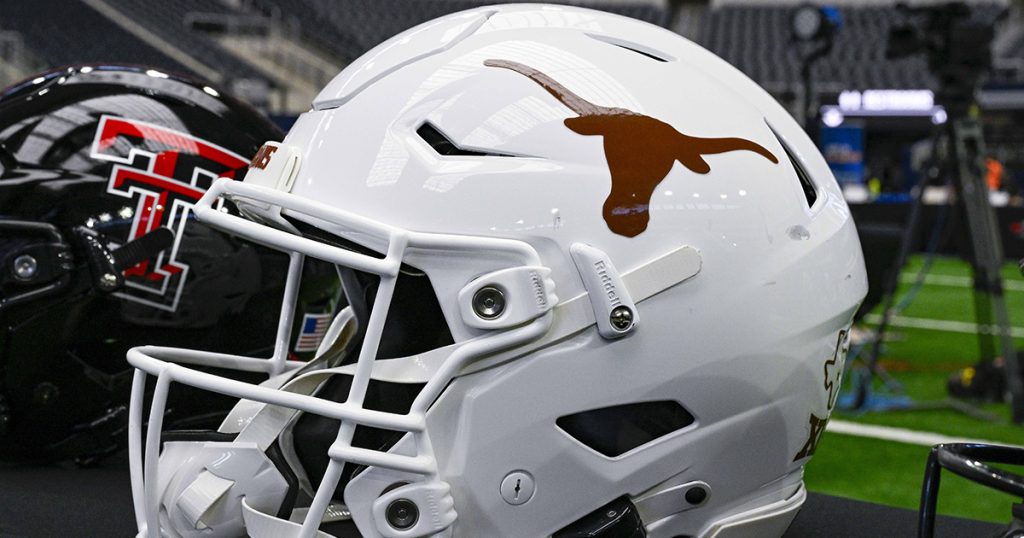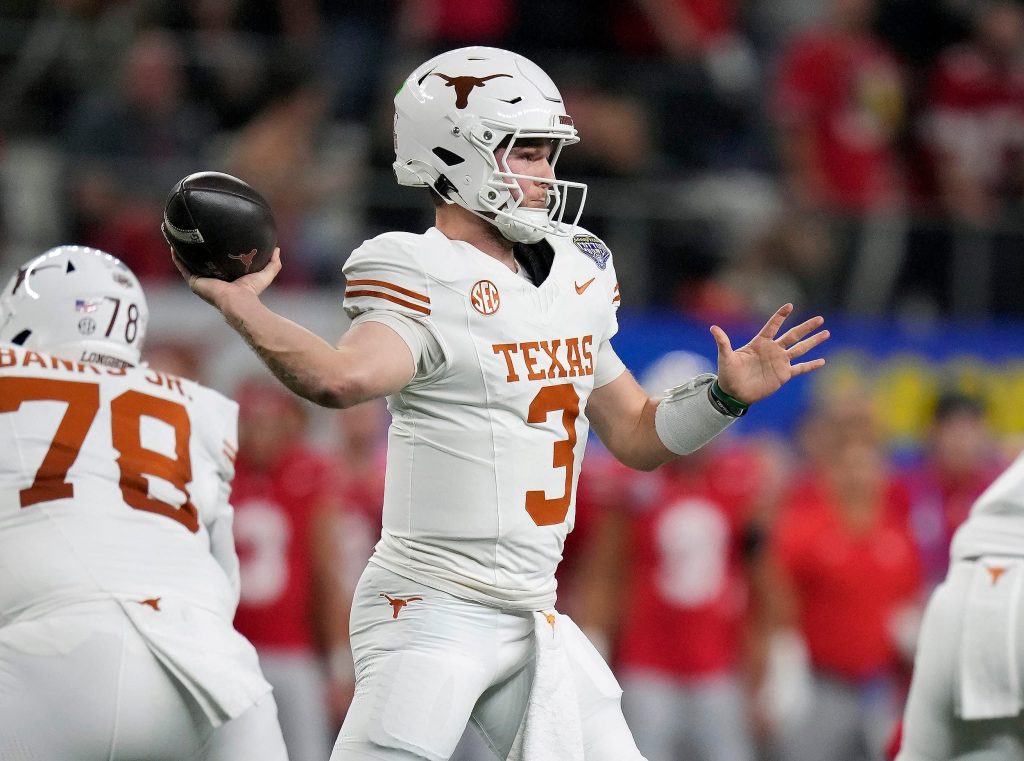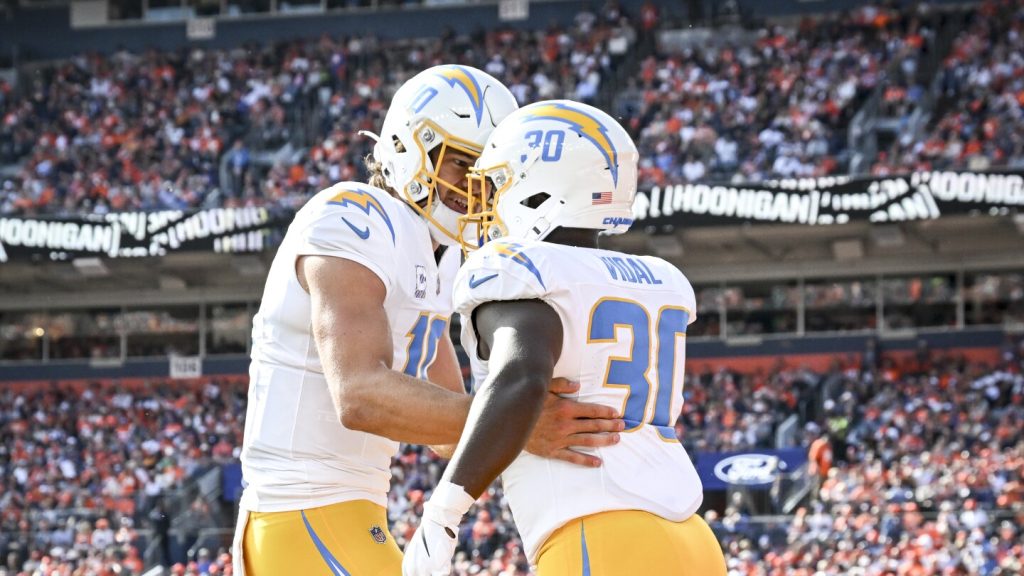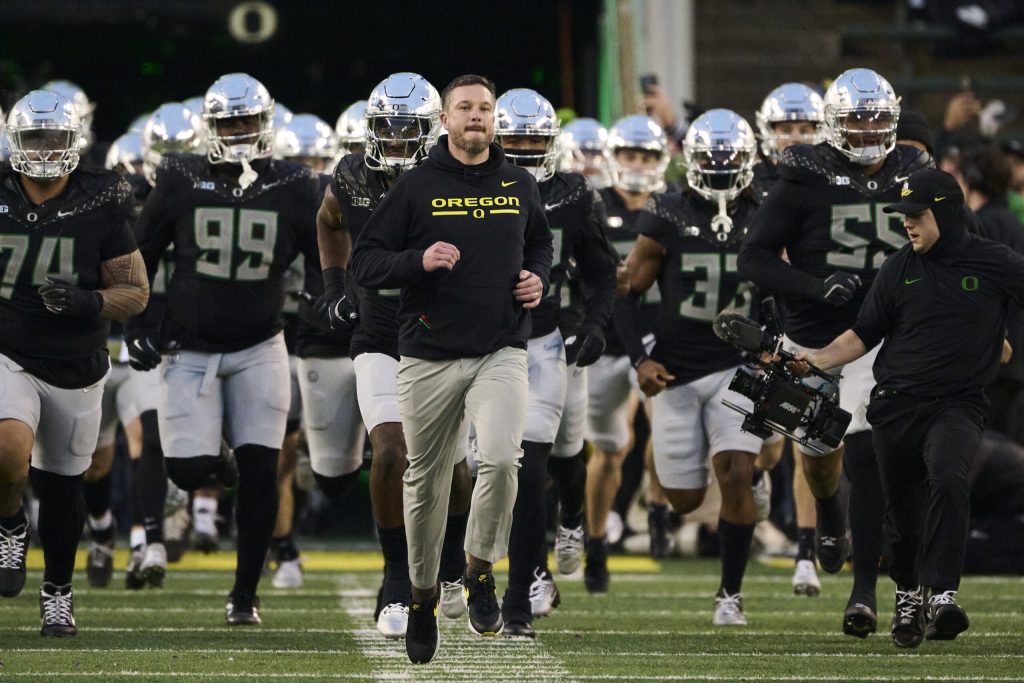When Tom Osborne was at the helm of Nebraska football, the Cornhuskers soared to unprecedented heights. Under his leadership, Nebraska clinched 12 Big Eight titles and triumphed in three national championships before he stepped down in 1997. His legacy is etched in the hearts of fans, and his insights on the current state of college football are invaluable.
Tom Osborne on NCAA’s Relevance
In a rapidly changing landscape, Osborne has voiced his concerns about the NCAA. He believes that the organization has become “somewhat irrelevant,” especially in light of NIL deals and the transfer portal. “There has to be some managing agency within college athletics that can interject some common sense,” he remarked, emphasizing the need for a guiding force in college sports.
Osborne specifically pointed to the Big Ten and SEC as the two conferences that hold the power to initiate change. “I think if those two conferences can get together, they may be able to establish some guidelines that make sense,” he told KETV. This sentiment resonates with many fans and analysts who see these conferences as the driving forces in college football today.
Matt Rhule: Nebraska’s Strategic Position
As the new head coach, Matt Rhule is keenly aware of the challenges and opportunities presented by the upcoming House v. NCAA settlement. The potential approval of this settlement, which could allow schools to share up to $20.5 million directly with athletes, is on the horizon. Rhule expressed confidence in Nebraska’s readiness to navigate this new financial landscape.
“We feel like we can just stand on business like, hey, this is what we said,” Rhule stated, highlighting the support from 1890, Nebraska’s primary NIL collective. He believes that while many schools might struggle to maintain sustainable revenue-sharing models, Nebraska is well-positioned for success. “A lot of other schools, rev share is not going to be sustainable,” he added, indicating that the Huskers have a solid plan in place.
Big Ten and SEC Discussions on Playoff Entry
While Osborne and Rhule focus on Nebraska’s future, the Big Ten and SEC have been proactive in addressing key issues in college athletics. Last year, the two conferences met in Nashville to discuss not only the implications of the House settlement but also the future of College Football Playoff entry. They are set to reconvene on February 19 in New Orleans, just a week before the CFP commissioners gather in Dallas.
These discussions are crucial, as they will shape the direction of college football and impact how teams compete on the national stage. With the stakes higher than ever, the outcomes of these meetings could redefine the competitive landscape.
Impact of the House v. NCAA Settlement
The college athletics community is bracing for the potential fallout from the House v. NCAA settlement. Judge Claudia Wilken is scheduled to hear arguments for approval in April, and if she gives the green light, it could usher in a new era of revenue sharing. Schools could share substantial sums with their athletes, with many Power Four institutions expected to distribute between $15 to $17 million among their football rosters.
However, not all schools will have equal access to these funds. This disparity raises concerns about “competitive balance,” a point Osborne has emphasized. “You have a few schools that are going to be able to go to the max. … There are going to be an awful lot of schools that aren’t going to be able to do that,” he warned. This uneven distribution could lead to significant challenges in maintaining a level playing field across college football.
Nebraska Players: Investing in Their Futures
Rhule also took the opportunity to shed light on the character of Nebraska’s players. He remarked, “You guys walk through the parking lot you don’t see like, Lamborghinis and Ferraris out there.” Instead, he emphasized that the players are focused on investing in their futures and often supporting their families back home. This perspective is refreshing in an era where flashy lifestyles often overshadow the true essence of college athletics.
The commitment to responsible financial management among Nebraska players reflects the program’s values and sets a positive example in the college football landscape. Rhule’s approach is not just about winning games; it’s about fostering a culture of integrity and long-term success.
In summary, as Nebraska navigates the evolving landscape of college football, the insights from both Tom Osborne and Matt Rhule highlight the importance of adaptation and strategic planning. With the potential changes on the horizon, fans and stakeholders alike are eager to see how these developments will shape the future of the Cornhuskers and the broader college football community. The journey ahead promises to be exciting, and Nebraska is poised to make its mark.



















